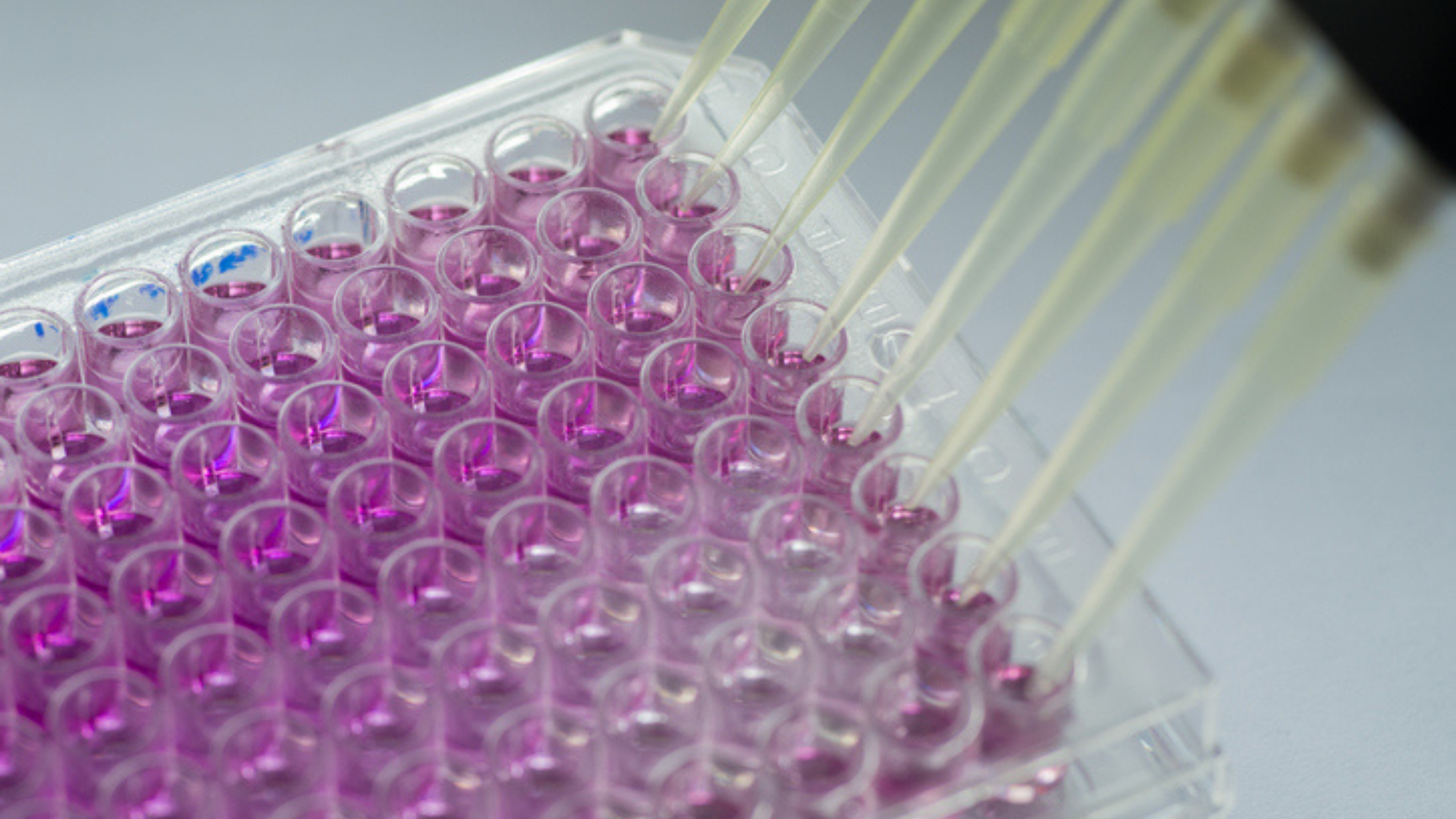NAD+ (Nicotinamide Adenine Dinucleotide) amplifiers have emerged as a beacon of hope in the quest for vitality and longevity. These supplements, aimed at boosting levels of a crucial molecule involved in numerous metabolic processes, have garnered significant attention.
But amidst the buzz, a critical question arises: Are NAD+ amplifiers actually good for you? Let's delve into the science and practical considerations surrounding these supplements.
Understanding NAD+
NAD+ is pivotal in energy production, DNA repair, and cell signalling. As we age, levels of NAD+ naturally decline, contributing to the aging process and various age-related diseases.
This decline has propelled the search for ways to maintain or increase NAD+ levels, with NAD+ amplifiers being one promising approach (R).
What are NAD+ Amplifiers?
NAD+ amplifiers are supplements that aim to increase the levels of NAD+ within the body. They typically include precursors to NAD+, such as nicotinamide riboside (NR) and nicotinamide mononucleotide (NMN), which the body can convert into NAD+.
By boosting NAD+ levels, these supplements are believed to support cellular functions and promote healthy aging (R).
The Benefits: What Research Says
Research on NAD+ amplifiers, particularly NR and NMN, has shown promising results in preclinical studies, often involving animals. These studies suggest several potential benefits, including:
Improved Mitochondrial Function
Enhanced energy production within cells, supporting overall vitality. One study found that NMN administration alleviated depression-like behaviour in mice by enhancing mitochondrial energy metabolism in the hippocampus and liver. This was achieved through increased NAD+ levels, enhancing sirtuin (SIRT) 3 activity, thereby improving mitochondrial energy metabolism (R).
Neuroprotection
Nicotinamide mononucleotide (NMN) demonstrates potential protective effects against neurodegenerative diseases through its ability to inhibit post-ischemic NAD+ degradation and significantly mitigate brain damage following global cerebral ischemia. The underlying mechanism involves NMN's role in preventing the increase in poly (ADP-ribose) (PAR) formation and the catabolism of NAD+.
This suggests that NMN could be a key player in neuroprotection, offering a strategic approach to combat the complex pathophysiology of neurodegenerative disorders by maintaining NAD+ levels, supporting cellular energy metabolism, and enhancing the capacity for DNA repair and cellular stress responses (R).
A study showed that NAD+ levels were decreased in a new Alzheimer's disease mouse model with introduced DNA repair deficiency, and NAD+ supplementation significantly normalised neuroinflammation, synaptic transmission, phosphorylated Tau, and DNA damage. This suggests that bolstering cellular NAD+ levels could improve genomic stability and have therapeutic potential for neurodegenerative diseases (R).
Enhanced DNA Repair
One in vitro trial discovered that adding NAD+ to human cell extracts significantly promoted the rejoining of DNA single-strand breaks induced by various damaging agents. This process was facilitated by the rapid and transient synthesis of poly(ADP-ribose), indicating that NAD+ plays a crucial role in enhancing DNA repair mechanisms (R) and may contribute to reduced cancer risk and slower aging.
Improved Metabolic Health
A study comparing short-term NMN treatment with exercise in obese mice found that both NMN supplementation and exercise improved glucose tolerance. However, they exhibited tissue-specific effects and differential alterations to mitochondrial function in muscle and liver (R). These outcomes may be linked to better insulin sensitivity and lipid profiles.
While early human trials have shown positive effects, more extensive and long-term studies are needed and highly anticipated to understand NAD+ amplifiers' benefits fully.
Considerations and Cautions
Before jumping into the world of NAD+ amplifiers like NMN, here are a few considerations:
Individual Responses
As with any supplement, individual responses to NAD+ amplifiers can vary. What works for one person may not work for another.
Potential Interactions
Always consult with a healthcare provider before starting any new supplement, especially if you have underlying health conditions or are taking medications.
Quality Matters
The supplement market is vast and not uniformly regulated. Opt for products from reputable manufacturers that adhere to good manufacturing practices (GMP). See how AgeMate’s NMN is made and how we ensure quality here.
Conclusion
NAD+ amplifiers like NMN hold considerable promise as a tool for supporting health and potentially delaying some aging processes. While early signs are exciting, adopting a holistic approach to health and aging—incorporating a balanced diet, regular exercise, and stress management—remains paramount.
As the science around NAD+ amplifiers continues to evolve, staying informed and consulting healthcare professionals will help you make choices that best support your health and wellness goals.





